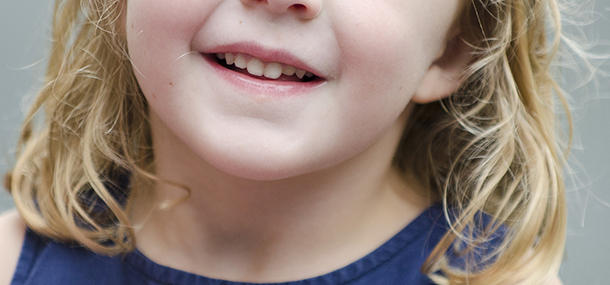
Do you know which gland is located in the lower part of the neck, is shaped like a butterfly, and determines how efficiently the body uses energy in food?
It’s the thyroid gland!
January is National Thyroid Awareness Month, so we are going to take a look at why the thyroid is important to our bodies and some problems that can be associated with it. The thyroid gland takes up iodine and produces a hormone called thyroid hormone (or T4). The level of the hormone gland in the blood determines how efficiently the body uses the energy in food we eat.
Unfortunately, there can be problems associated with the thyroid gland. In infants, the most common thyroid problem is a thyroid gland that cannot produce enough thyroid hormone. If the level of thyroid hormone is too low in an infant, brain development may be affected if the problem is not detected early. Newborn screening tests are required by law, and if there is reason to believe that the thyroid gland is not producing enough thyroid hormone, your child’s doctor may request an ultrasound or nuclear medicine imaging test. These tests evaluate the thyroid gland to determine its size, the tissue present, and if it’s properly formed.
In older children, adolescents and young adults, thyroid problems include enlargement of the thyroid gland, too much or not enough thyroid hormone in the blood, and nodules (masses or lumps) in the thyroid gland. Enlargement of the thyroid gland may be associated with increased or decreased levels of thyroid hormone in the blood. Blood is usually taken to check the amount of thyroid hormone and imaging studies are only occasionally required.
For thyroid nodules, imaging is most helpful to locate and determine the size of the thyroid nodule, if the nodule is solid or cystic (filled with fluid), and if the nodule takes up radioactive iodine (given by mouth). About 20% of thyroid nodules are thyroid cancers. To rule out cancer, a sample of thyroid tissue is removed with a small needle.
If the thyroid gland is enlarged and the thyroid hormone level in the blood is elevated, the patient is most often treated first with medication. If medication fails, treatment with radioactive iodine is typically used to reduce the production of thyroid hormone and shrink the thyroid gland to normal size. In patients with thyroid cancer, very large doses of radioactive iodine can be used to destroy any thyroid cells that may have spread outside of the thyroid gland.
Even though the thyroid is small, it can have a big effect on your child’s health. If you suspect any problems, discuss your concerns with the pediatrician.
Contributed by Michael J. Gelfand and edited by Bessie Ganim (SPEC TECH-NUC MED).